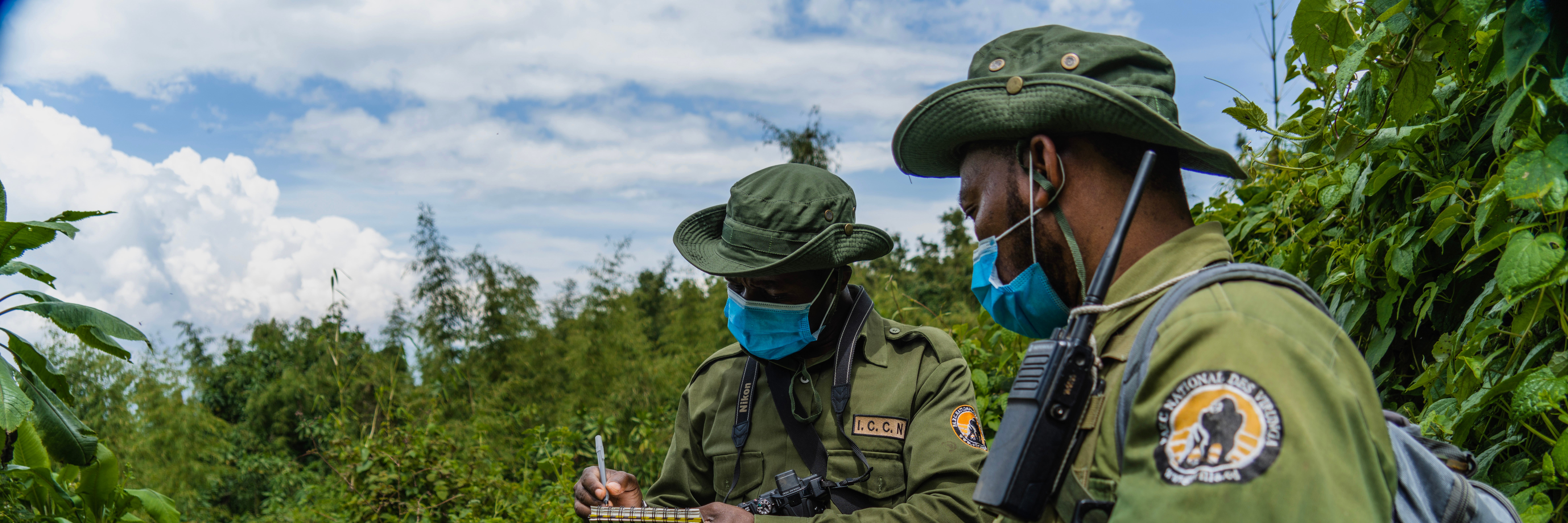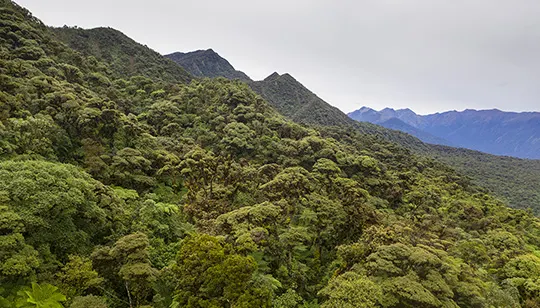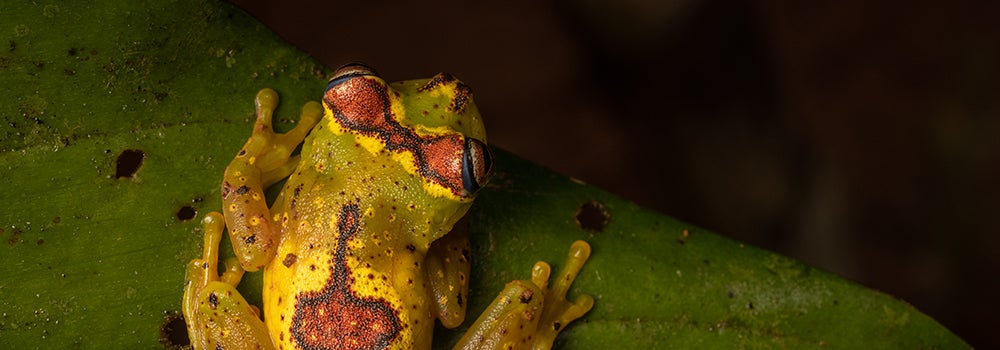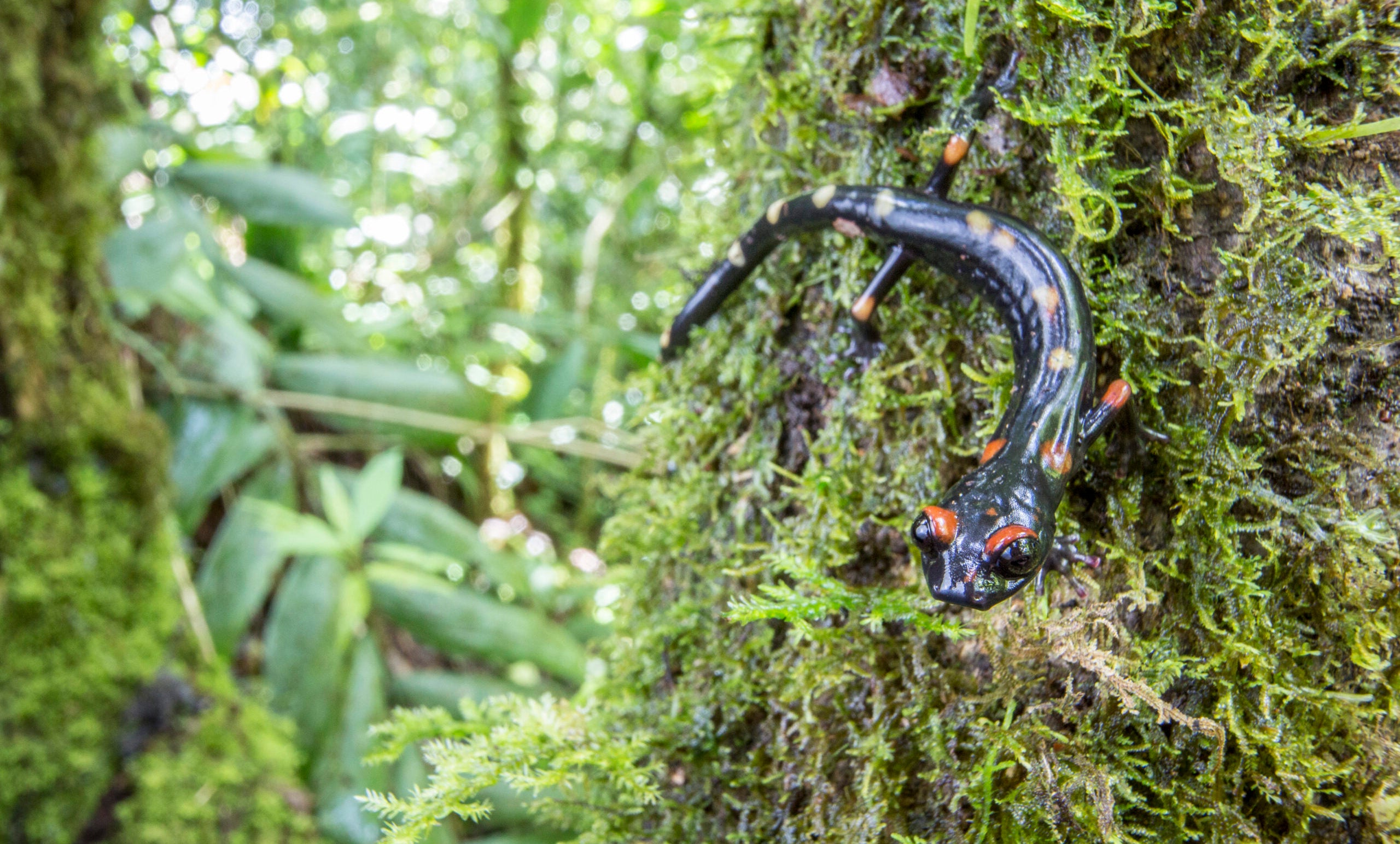Guardians
Donateopens in new tabGuardians are the stewards of our planet.
We need more guardians working to restore and protect the Earth.
A 2022 study co-authored by Re:wild found that we need more rangers and other skilled conservation leaders to effectively protect 30% of our planet. We need catalysts of positive change who can drive scalable solutions, and mentors for the next generation of resilient conservationists who will lead tomorrow.
Re:wild is committed to ensuring that every person in a position to protect Earth’s biodiversity has agency to do so.
The future of our planet lies in the hands of local organizations and conservation leaders. Re:wild works in direct response to our partners’ needs, equipping and emboldening them with what they need to protect and restore the wild.
To ensure elevated, high-impact and long-lasting conservation results, Re:wild’s Guardians program creates the best opportunities by:
Cultivating conservation leaders
Strengthening local, Indigenous and community-led partner organizations
Leveraging impact and weaving vibrant networks among guardians
Re:wild’s Guardians Programs

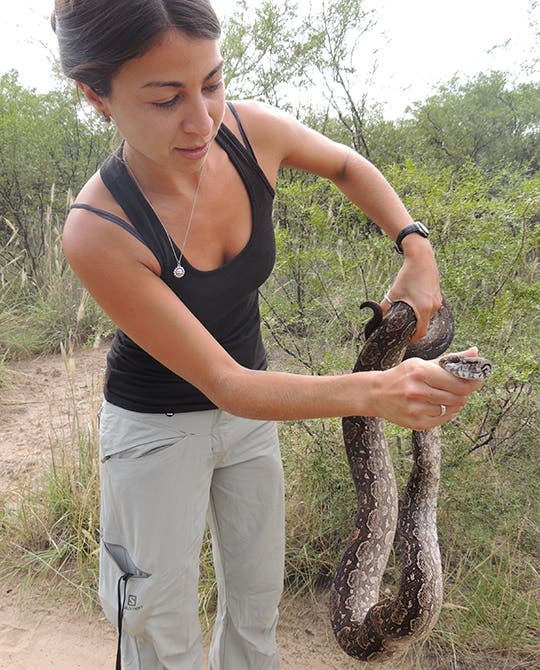
Associate Fellows
Meet a few of our Associate Fellows and learn about their work:
Lucila Belen Castro and her story of the creation of Ansenuza National Park in Argentina
An Nguyen is helping to save the Annamite Striped Rabbit
Anya Ratnayaka is all about small cats
Iain and Malcolm Wilson-Kobak rediscover lost species in Indonesia’s Cyclops Mountains
Leeanne Alonso on founding a global support network for women in conservation that is a ‘win-WiNN’ for everyone
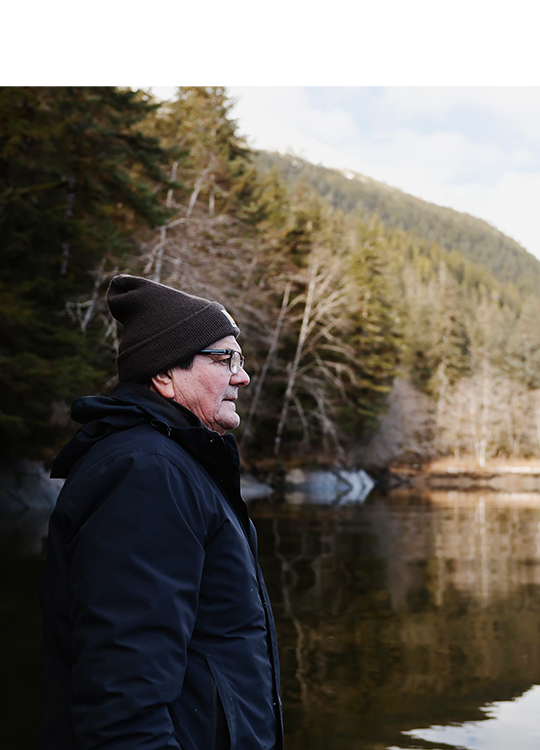
Indigenous Peoples and Local Communities
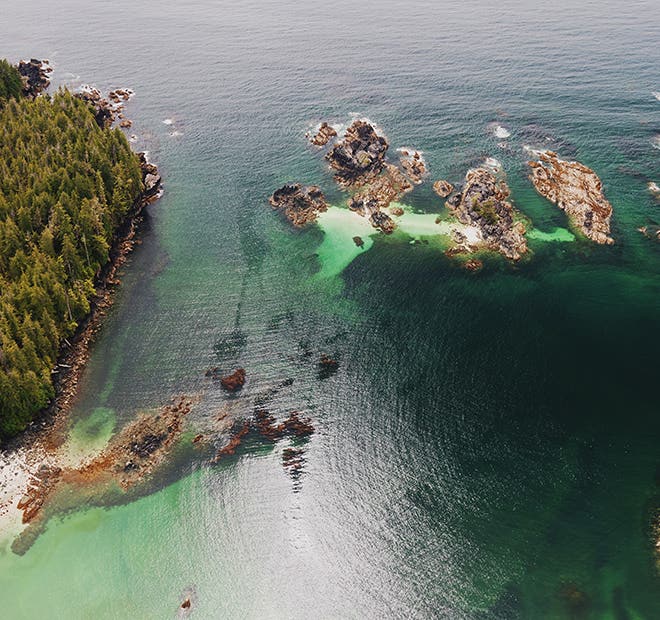
Read more about our work with Indigenous Peoples and Local Communities:
Meet Nemonte Nenquimo, Amazonia Activist, Goldman Prize winner, TIME most influential people and member of Team Re:wild.
Advocating for Southeast Alaska Tribes and their stewardship of wild salmon and rivers.
Protecting ancestral lands–and safeguarding the Tamaraw–in the Philippines.
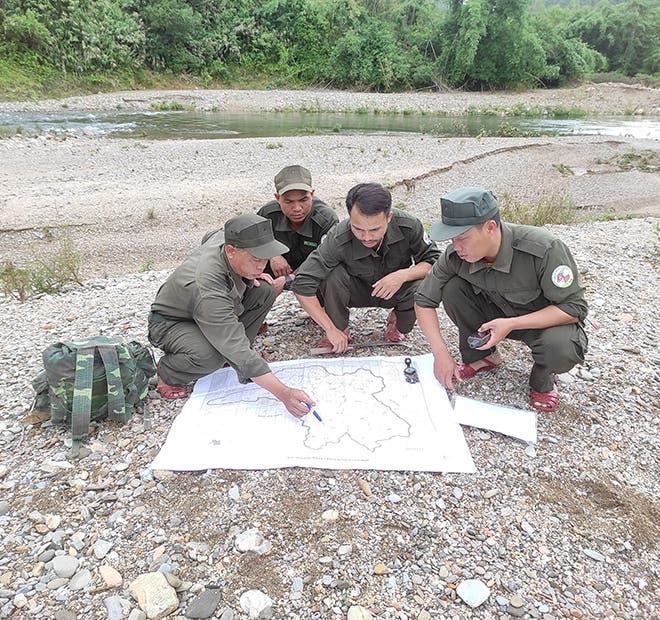
Rangers
Rangers Deserve More
The Ranger Solution, narrated by Edward Norton and produced by Re:wild, is a five-part animated video series designed for the #RangersDeserveMore movement — to raise up the profile of rangers everywhere, and bring awareness to the challenges rangers face at work, from harsh environments and inadequate supplies to lack of access to clean water. The work of a ranger is not only important; it is sometimes dangerous. Rangers around the world deserve reliable working conditions, access to healthcare, training, and better pay and benefits.
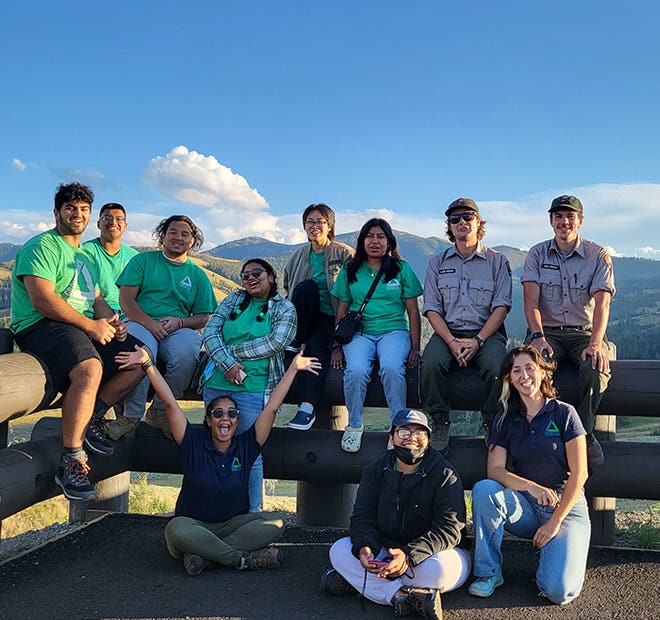
Conservation Pathways For Youth
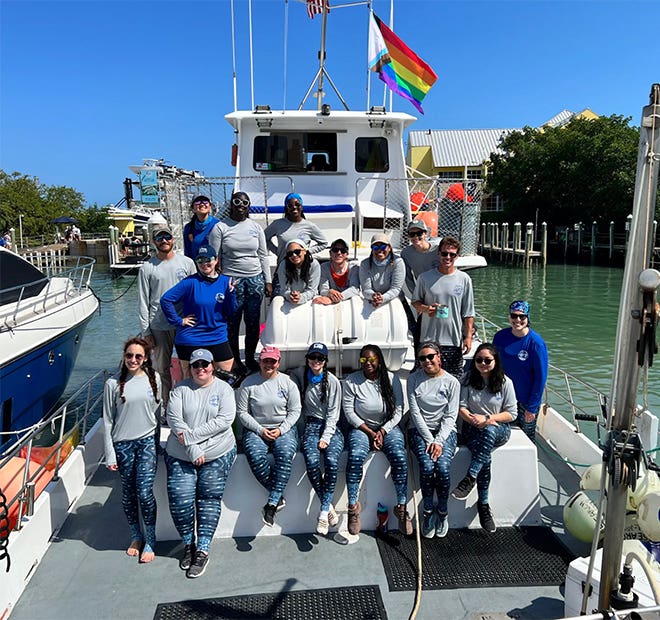
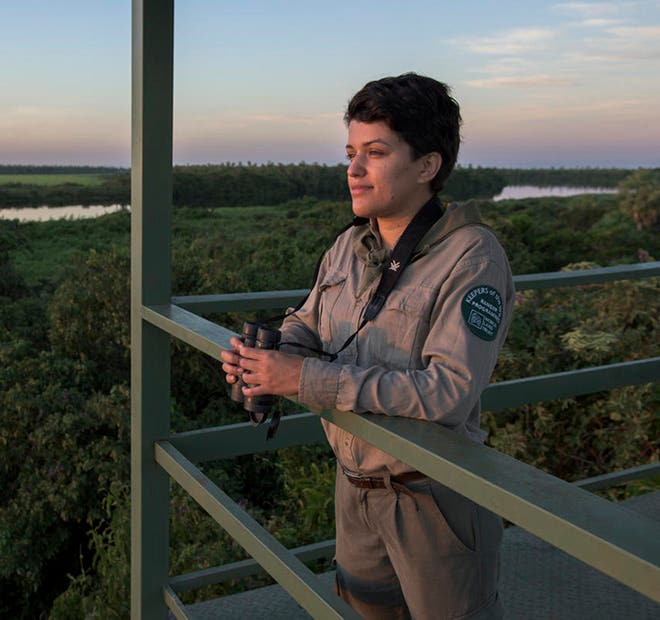
Women Rewilding
How does this strategic initiative achieve its goals?
Re:wild weaves a Global Support Network. Re:wild hosts the Women in Nature Network (WiNN), a 1000+ member-strong global support network for women conservationists to spark new collaborations, reduce isolation and share marketable knowledge and skills.
Re:wild partners for professional development.. Re:wild ensures that women conservationists seeking to strengthen their ability to drive outcomes are matched with transformative leadership programming, like Planet Women’s 100 Woman Pathway and Women Emerging’s Expeditions.
Re:wild funds women-led projects. Re:wild provides small grants to women around the world who are boldly leading conservation and restoration projects to protect and restore the wild, like Dr. Erin Wessling’s Moyen-Bafing Chimpanzee Project in Africa, Dr. Karen Strier’s Muriqui Project of Caratinga in Brazil, Katrina Collins Coy’s Union Island Environmental Alliance in St. Vincent & the Grenadines, and Anya Ratnayaka’s Urban Fishing Cat Conservation Project in Sri Lanka.
